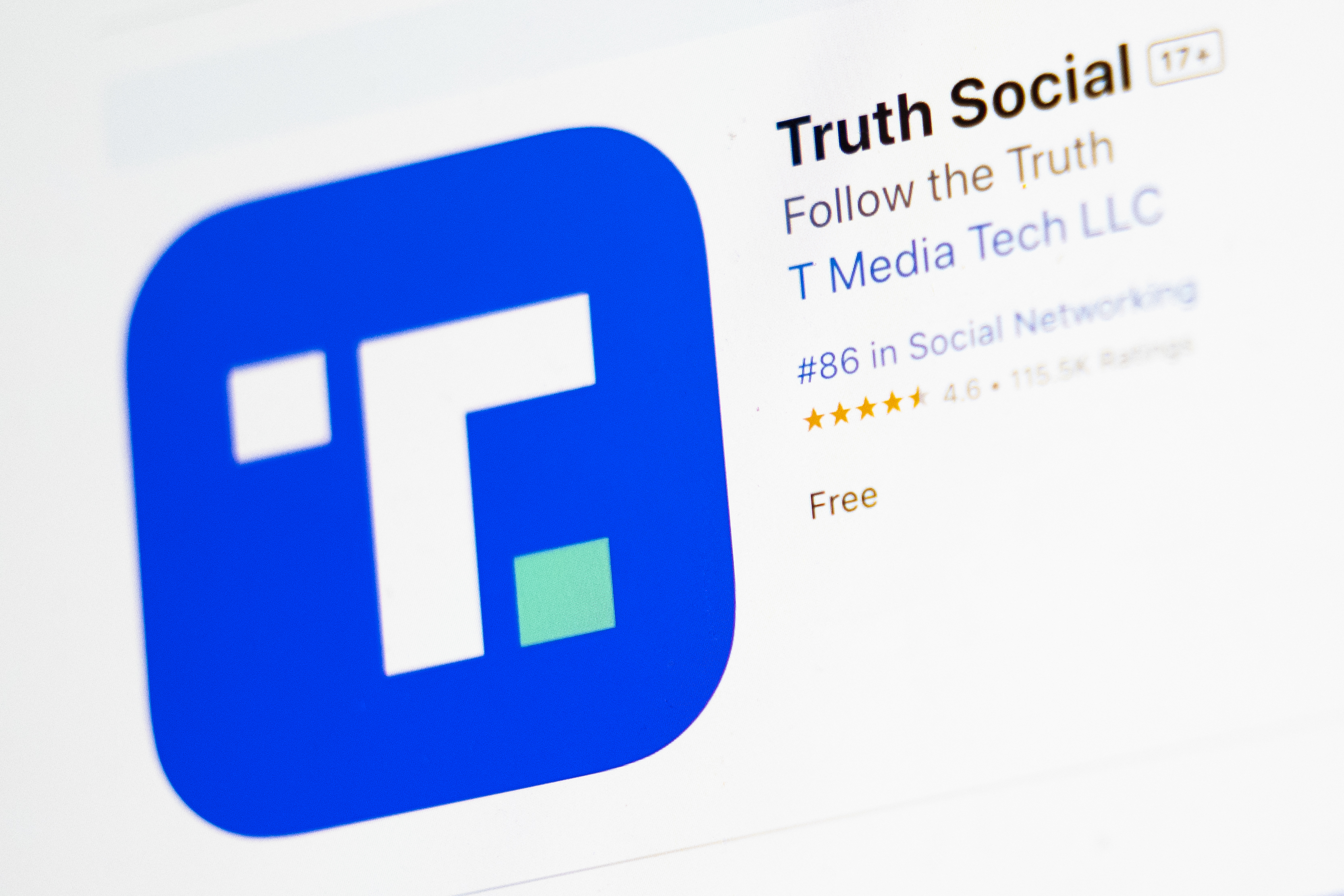Officials from the Better Business Bureau announced the results of a startling new study that shows that email scams have cost organizations more than $3 billion since 2016.
The scams, known as Business Email Compromise (BEC) scams, are a type of email phishing scam that targets people who pay bills for businesses, government entities, and non-profit organizations, according to the Bureau.
In the scams, a person poses as a reliable source and uses a spoofed (similar to the way that phone marketing scams can use software to disguise their true phone numbers as ones from a person’s area code) or hacked email account to send messages to employees asking them to wire money, buy gift cards, or share private information for a seemingly plausible reason.
That type of fraud has more than tripled over the last three years, according to the bureau, with nearly 60,000 complaints of BEC scams received by the bureau during that time.
In one particularly costly case, Facebook and Google lost out on nearly $100 million during a high-profile scam in 2017.
According to the report, more than 90 percent of the scammers involved in BEC cases are located in Nigeria.
The Better Business Bureau offered several tips to protect company assets and proprietary information:
U.S. & World
The day's top national and international news.
-Take technical precautions such as multifactor authentication for email logins and other changes in email settings. Internet security training is also highly recommended.
-Encourage lawmakers to explore stronger international cooperation among law enforcement agencies.
-Set up email systems with stronger default security settings than those most companies use.
If your company has been the victim of a BEC scam, it’s imperative to contact the FBI within 48 hours, as many financial losses can be reversed if a report is made during those critical early hours.



